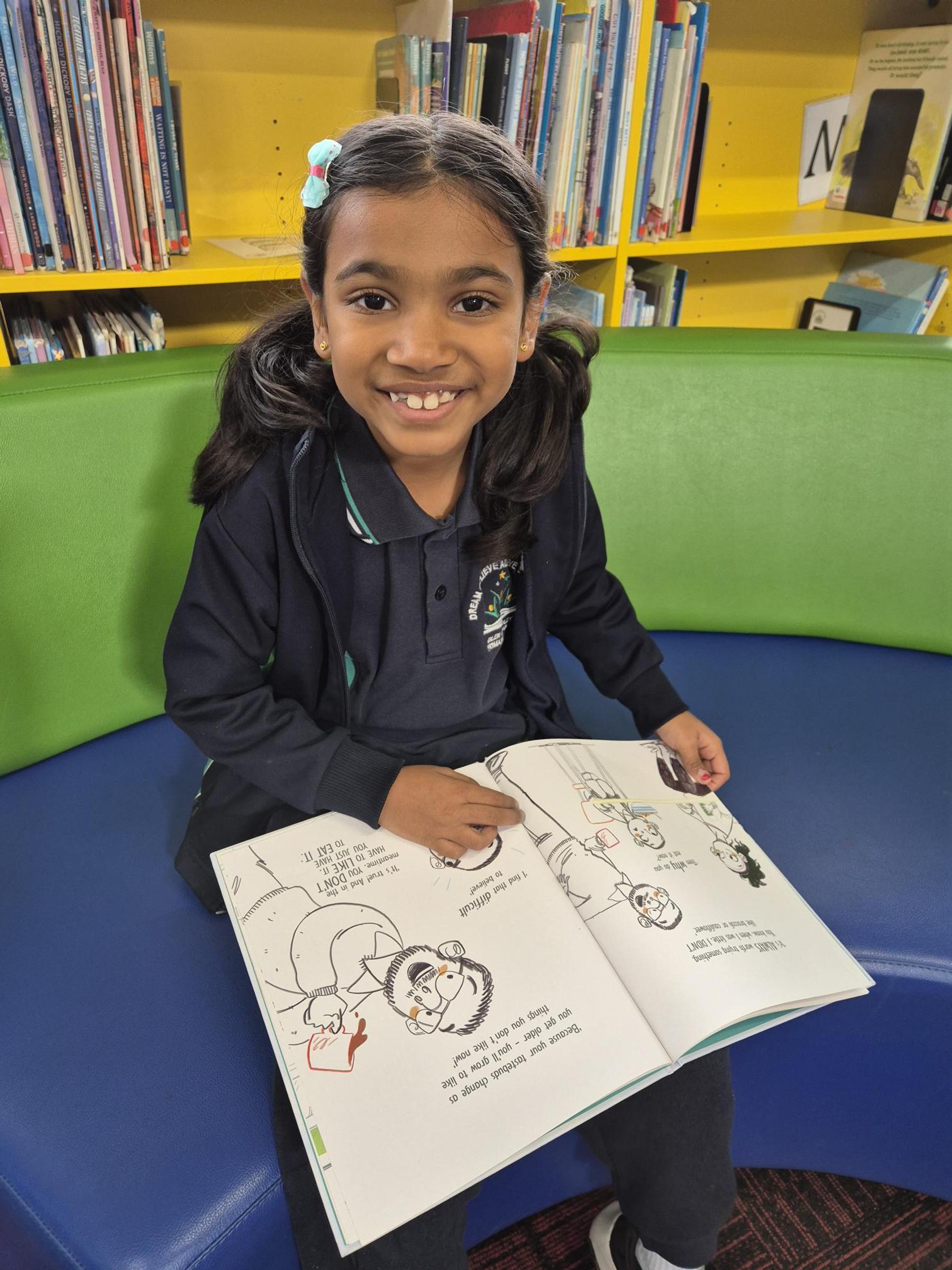English

While utilising the Initial Lit Program, Year Two students will continue to deepen their knowledge of Spelling rules by exploring sounds made by digraphs, and trigraphs (ch/ tch and or/ore, au/aw) and further word-building skills by developing their knowledge on suffixes (-tion). This term will allow students to review and consolidate spelling rules from over the year with an opportunity for student voice to select their own tricky words.
In Reading, students will build on their comprehension skills and develop the skill of ‘Monitoring’ their understanding of text they read. During shared analysis of the Storybooks, ‘Turtle Song’ by KimMichelle Toft, and ‘The Story of Rosy Dock’ by Jennie Baker students will explore the characters within the text and the plots to build their literal and inferred understandings.
This term, students will explore the excitement of writing narratives. Students will utilise literary elements such as character, setting, plot and messages to create their own narratives. Through developing grammatical skills such as use of conjunctions and dialogue, along with different tenses, students will also deepen their understanding of sentence conventions. In turn, this will help with narrative structure and will be taught through Initial Lit. Furthermore, students will continue building on the skill to create a sequential, understandable resolution to a problem to end their stories. At the conclusion of the Narrative unit, students will create their very own story book as authors and illustrators.
During the second half of the term, students will continue to build on their research skills to persuade the audience. Students will write persuasive texts on different topics, from classroom to world issues. Through looking at different language conventions to structure a persuasive piece, students will foster their skills to influence a reader’s opinion.
We are excited to see our Year Two students develop their narrative and persuasive writing skills, and we look forward to sharing their published pieces with you.
Key Vocabulary:
| Grammar | Narrative | Persuasive |
Conjunctions Present tense Irregular Past tense Future tense Quotation marks | Sequential Conflict/ problem Resolution | High modality Low modality Opinion/stance Influence |
How can you support your child’s English learning at home?
Narratives:
- Write stories about anything and everything! As a family, think of an interesting topic to write about.
- Read the beginning of a book and let them create their own ending to the story.
- Describe a character to them and let them draw what they think they look like.
Persuasive:
- Have a great debate! Pick a topic from the daily news and ask them for their opinion! Have a debate as a family, starting with “I agree because...” or “I disagree because...”
- If technology time is limited at home, ask them to write you a persuasive letter listing the reasons why they think limited tech time is healthy.



